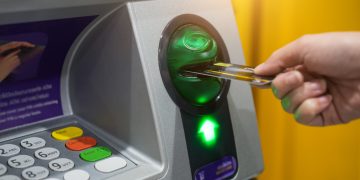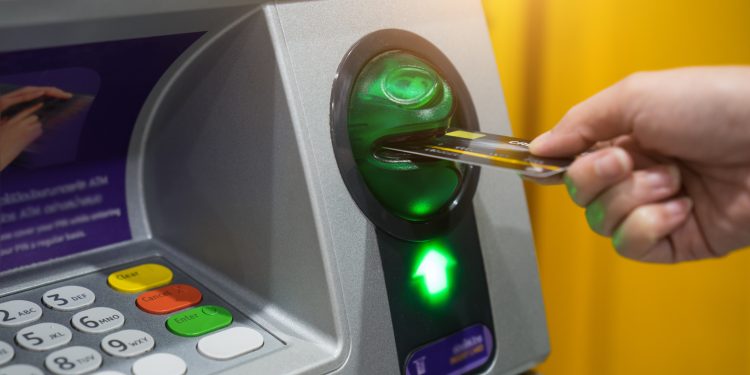A client of one of Malaysia’s top banks was recently surprised to learn her balance had unexpectedly risen by a cool $86 million.
In a viral LinkedIn post, a woman by the name of Hafidzah Abdullah contacted Maybank to say that although the incident had made her banking experience “memorable,” this particular glitch “took it a little too far.”
“Out of a sudden, I found my personal MAYBANK account has RM 400,040,404.04, you’d think I hit the lottery, right?” she wrote.
“Well, not really – It is glitches!!!”
According to the latest exchange rates, 400,040,404.04 Malaysian ringgit is approximately $85.6 million in U.S. currency.
As of May, the country’s average salary was 6,590 Malaysian ringgit per month, equivalent to around $1,485.
Abdullah pointed out that, although it was not her mistake, the bank blocked her account and made it difficult for her to regain access.
“Now Maybank decided to block my account without any calls, message or notification at all,” she wrote.
“To unlock it, I had to visit the nearest Maybank branch & the officer had to call customer service to unblock it – which took forever & this is not my mistake!”
The New Straits Times reported Friday that Maybank had responded to the issue to confirm it had been resolved.
“It was not a system-wide issue and the customer account was not compromised,” a representative told the Times in an email.
Bloomberg reported that Maybank, officially known as Malayan Banking Berhad, is one of Southeast Asia’s leading financial institutions and has the fourth largest assets of any bank in the region.
A similar incident took place in the United States back in 2019 when $120,000 was deposited into the bank account of a couple in Pennsylvania.
Yet unlike the woman in Malaysia, the couple went on a shopping spree, splurging on an SUV and clearing previous debt, according to the New York Post.
Unfortunately for the couple, named Robert and Tiffany Williams, their spending came to an abrupt end when the pair were arraigned on charges of theft and misusing stolen property.
They were eventually ordered to pay back the money, placing them into an overdraft of $107,416.
This article appeared originally on The Western Journal.


























 Continue with Google
Continue with Google